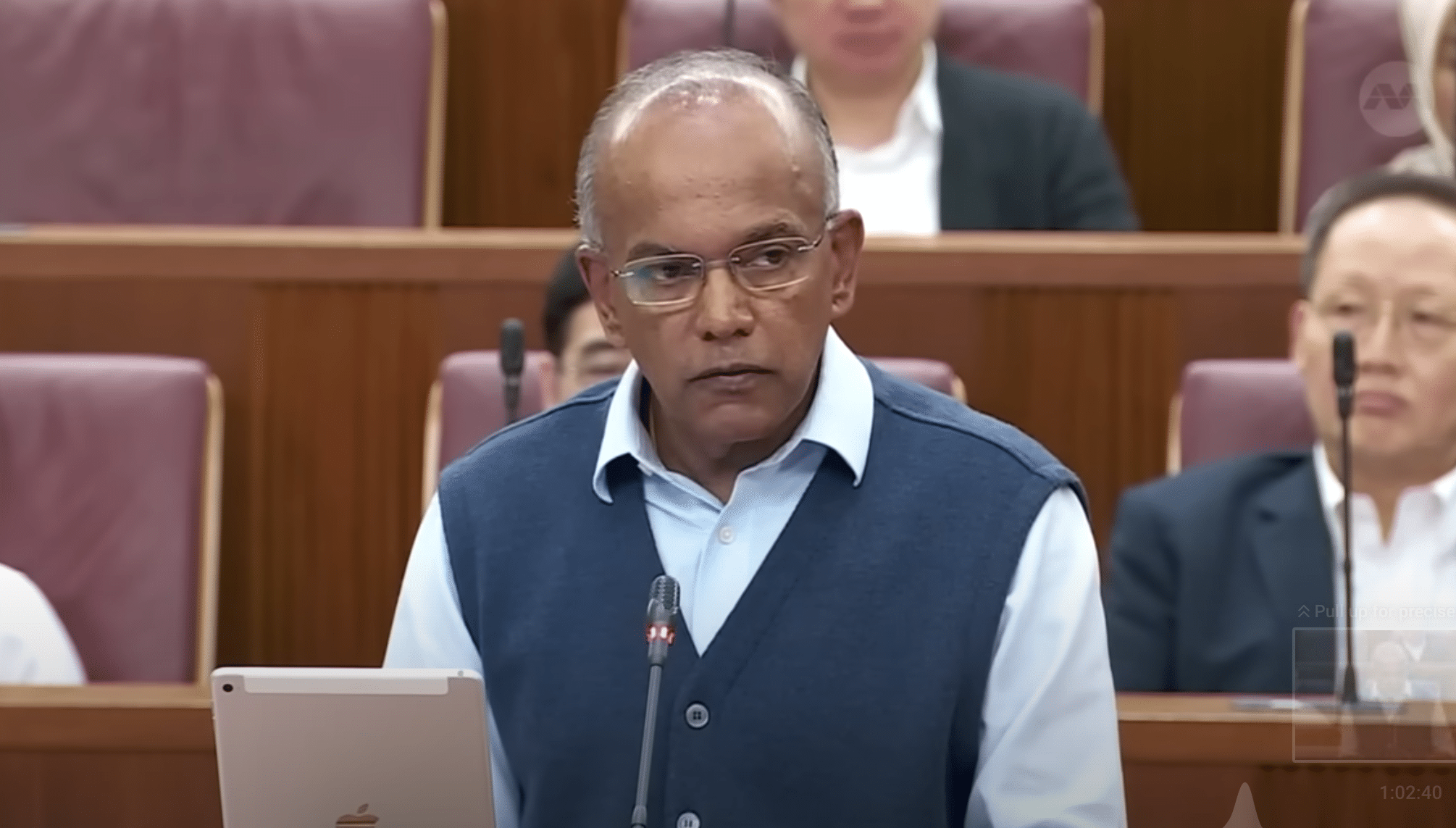On Nov 26, the Straits Times ran a story on a patient at NUH who climbed out of a window and fell to his death. In the article, it was mentioned that the patient had a history of ‘mental illness’.
A week later, the bereaved widow of the patient wrote a letter which was published in the Straits Times Forum page. In it she ‘categorically’ refuted any claim that her husband had a history of mental illness and called for at least a prominent apology from the Straits Times.
The Editor’s note appeared at the end of the letter. Among the reasons given by the Editor for the ‘inaccuracy’ was that “the reporter had tried to interview” the patient’s family but “they declined”. The Editor claimed that its claim that “Mr David Low had a history of mental illness was based on two sources”. The Editor, however, did not disclose who these “two sources” were.
Among the two sources that Straits Times spoke to, did either of them had at least any medical records that the patient did indeed suffer from mental illness?
In its reaction to the Straits Times report, NUH said (in a letter to the ST forum page published on the same day as Mdm Chua’s letter):
“When the media approached us to verify the incident, we conveyed to the reporters the family’s request not to run the story. The Straits Times reporter’s interview with the unnamed cleaner in the article was not arranged by the hospital, nor was the information verified with us. We also wish to verify that Mr Low did not have a history of mental illness.”
Interestingly, two years ago, the paper also ran an article by Chua Mui Hoong titled ‘The Squandered Potential of Chee Soon Juan: Thinking Aloud‘ (ST 7th June 2008). Chua wrote-
“He (Chee) claims to fight for justice but the way he fights has been lamentable.Irresponsible, reckless, impulsive, unethical are all words that describe Chee’s behaviour. Interestingly, they are also all words associated with what American psychologists call antisocial personality disorder, which manifests itself in a disregard for truth and for social norms.”
(See also TOC’s editorial “Callous labelling of mental illness smacks of gutter politics”)
Considering the stigma often associated with mental illness, it would seem in both cases, that the Straits Times should have verified the facts before reporting.
Which begets the question. Is ST’s latest slip-up in reporting people suffering from mental illness without verifying an ‘honest mistake’, or is reflective of something more compulsive?
We’ll let our readers decide.
—————-









